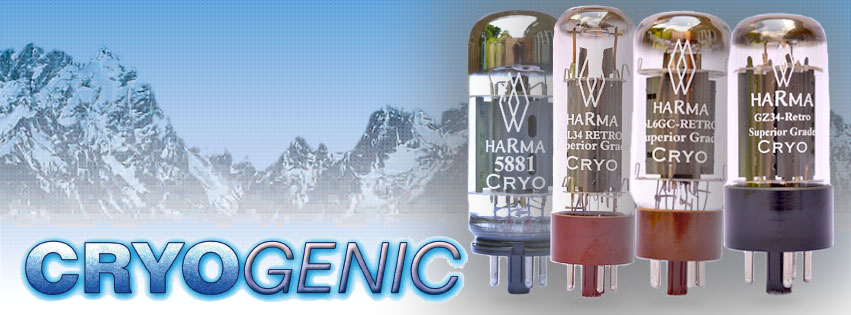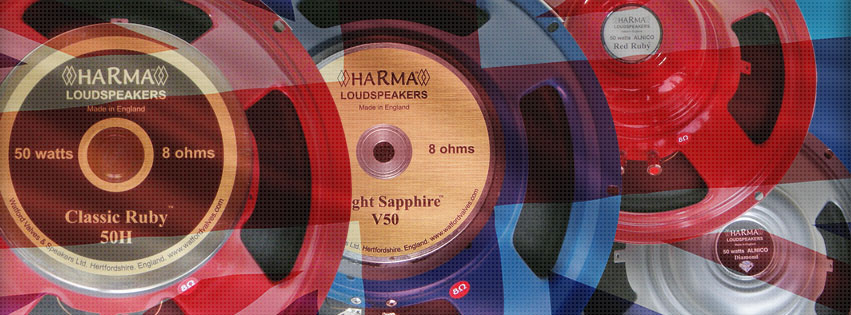Products > Cryo Valves > Sylvania Cryo
DEEP CYROGENTIC TREATMENT The process involves taking the vacuum tubes and freezing them down to -312 f and soaking these for a minimum of 12 hours. Then the temp is held at this low level for 24 hours. The vacuum tubes are then slowly brought up to normal levels over the next 12 hours. Metals respond very well to deep cryogenic process. The reasons are as follows. During the cooling or solidification phase of the manufacturing process, molecules are trapped in a haphazard pattern. This is down to stress caused in the bending and welding of the anode plate material.. This random placement causes obstacles for electrons and when encountered this interference can cause noise, slow down electron flow and sound deteriation affecting the quality of the sound of the vacuum tube. At very cold temperatures (below -312°F), the molecules will align in a more uniform, compact structure through the removal of kinetic energy. When the material is returned to ambient temperature, this new uniform, compact pattern is maintained, Thus changing the structure of the nickel permanently. This process makes a permanent change and the benefits do not deteriorate over time or upon return to operating temperature, it changes the whole way the vacuum tube performs. The biggest benefits I have found has been a dramatic improvement in dymanic range. Bass response has been clearer with reduction in microphonics. The really most starling fact as been how the valve operates under saturated and overdriven conditions. This has made some of the more basic Fender amps sound fuller and warmer.
Sylvania Electric Products Inc. based in Emporium, Pa was an American manufacturer electrical equipment and vacuum tubes In 1942 the company changed its name to Sylvania Electric Products Inc. In the early 1980s was Sylvania sold to Philips and the Philips ECG valves were produced in the Emporium plant until it closed
- NameBrandCommentStockPrice PhotoOrder
 Valves
Valves Cryo Valves
Cryo Valves Kits
Kits Speakers
Speakers Pedals
Pedals Amp Parts
Amp Parts Cabinets
Cabinets Accessories
Accessories





